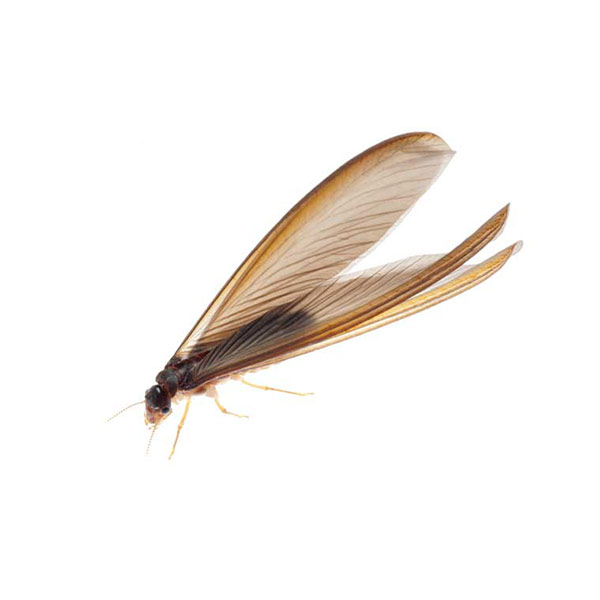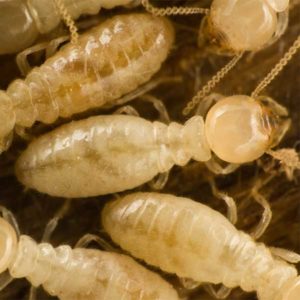Drywood Termites in Anaheim
Though drywood termites are not as common or destructive as subterranean species, they are still a major problem for home and business owners in Anaheim. These insects live inside of and feed on dry wood. Unlike other types of termites, which target soft and damp wood, drywood termites eat across the grain of the wood. Over time, this can cause serious structural instability and safety issues in houses or buildings. Swarms typically occur in the springtime and are a huge indication of an infestation, though you may also notice other signs like wings, fine sawdust – called frass – or droppings.
Drywood Termite Habitat
Drywood termites prefer warmer climates with mild winters. Since they don’t need damp soil to survive, they usually infest wood that is well above the ground. It’s fairly common to find drywood termites in upper levels of homes, apartment buildings, or businesses. Most infestations begin when a person accidentally carries infested furniture into their property, though these termites may also get inside by sneaking through exposed wood.
Drywood Termite Behaviors, Threats, or Dangers
Drywood termites aren’t known for biting people or spreading disease, but they’re still a danger to have in your property. By chewing through important wooden structures, they can make your property unstable and unsafe. Since they mainly stay inside of the wood they’re consuming, infestations can remain unnoticed for months or years. Colonies are also incredibly difficult to control, which is why it’s best to enlist the help of a professional termite exterminator. They can pinpoint the source of your infestation and implement a personalized treatment plan that not only eliminates the insects, but prevents them from returning to your property.


